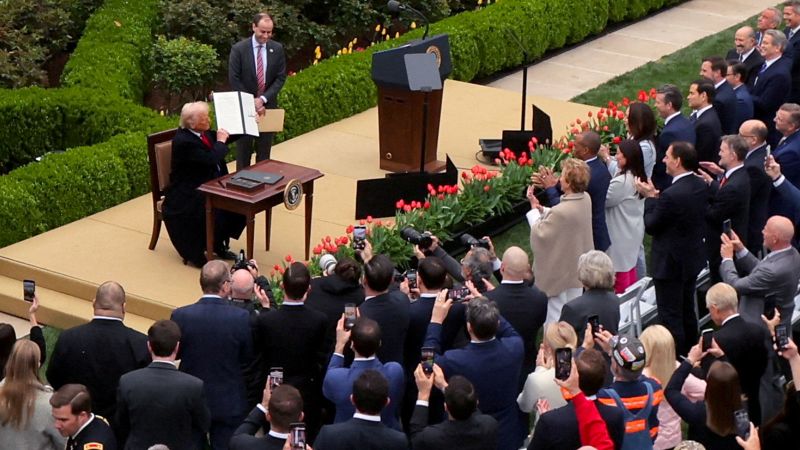
Beijing has rebuffed suggestions that it is seeking to influence the federal election after one of its research vessels passed through international waters off Australia’s southern coast, sparking days of fiery political exchanges on the campaign trail about which party is better at handling China’s strategic ambitions. The presence of Chinese research vessel, Tan Suo Yi Hao, tracking a route far off the south coast of Australia has generated days of political debate and prompted Beijing to deny that it is seeking to influence the federal election. The Chinese embassy in Canberra issued a statement insisting that its ship, the Tan Suo Yi Hao, was engaged in “routine scientific research”, had performed no operations in Australia’s exclusive economic zone and was in compliance with international law.
It denounced as “smearing” claims that the vessel was a spy ship. “These activities are not directed at any third party and have nothing to do with China- Australia relations, let alone the Australian federal election. The Australian federal election is Australia’s internal affairs,” the embassy’s statement said.

“The route of the Chinese vessel was set in accordance with the international waterway and taken into consideration of the coastal weather forecast.” In recent days, the Tan Suo Yi Hao has passed through the Bass Strait, tracking briefly into Australia’s EEZ, after completing joint research surveys with New Zealand. It has then tracked a path off Australia’s southern coast through international waters and into the high seas off the southern tip of Western Australia.
The vessel’s presence has hung over the opening days of the federal election campaign, reviving a furious debate between Labor and the Liberal Party over how best to manage the China relationship. It comes weeks after Chinese warships circled Australia and conducted live-fire exercises in the Tasman Sea. The debate is playing out against the backdrop of a close fight between the two major parties for support from Chinese voters, especially in marginal seats such as Bennelong in NSW and Chisholm in Victoria, both held by Labor.
In a bid to win back Chinese voters who abandoned the Liberal Party in 2022, Dutton has moderated his historically hawkish posture toward Beijing and last year even described himself as “pro-China” during a visit to Australia by Chinese Premier Li Qiang. Responding to questions on the hustings earlier this week, Prime Minister Anthony Albanese said he would “prefer” the vessel wasn’t off Australia’s coast but indicated it was not breaching international laws and compared its passage to Australia vessels moving through the South China Sea and Taiwan Strait. Dutton and senior Liberal frontbenchers have slammed the prime minster’s response as “weak” and criticised him as drawing a “false equivalence” between Australia’s maritime exercises and China’s activities near Australian waters.
Shadow Defence Minister Andrew Hastie has questioned whether the vessel was mapping the ocean floor or submarine cables. Since then, Chinese state media newspaper The Global Times , renowned for its sensationalist editorials, has weighed into the debate, undercutting Beijing’s official position of non-intervention. Peter Dutton sits down for lunch at a Chinese restaurant in Brisbane on the first day of the election campaign.
Credit: James Brickwood In an unnamed editorial, the communist party newspaper quoted Shandong University professor Yu Lei’s attacking Dutton’s motivation as political, while the article broadly denounced the debate as paranoid and claimed Australia had nothing to fear. “This election could be his last chance to run for office. That’s why Dutton has begun beating ‘the drums of war’ against China again.
The ‘China threat’ narrative has become almost his only political tool to challenge the Labor Party and Albanese,” the article said. Albanese, meanwhile, was described as having spoken “the truth, while to some extent highlighting the double standards of some Australian politicians and media”. Jennifer Parker, a former naval officer and expert associate at the Australian National University’s National Security College, said China has had a record of using civilian vessels for military purposes and Chinese-flagged civilian vessels are suspected of interfering with submarine cables around the world.
She said in this instance it did not appear that the Chinese vessel was doing anything that was contrary to international law or should trigger alarm, even though its route past the southern Australian coast was “odd”. “When you look at the evidence of what this actual vessel has been doing, it doesn’t make any sense that it’s a spy ship, or that it’s spying on us, or it’s tracking a submarine cable,” she said. “The speeds that it has maintained, based on Automatic Identification System [tracking system], don’t indicate stopping and surveying .
.. it’s gone nowhere near our coast, so I don’t know what people think it could be collecting.
” Richard McGregor, Senior Fellow for East Asia at the Lowy Institute, said the role of English-language Chinese state media outlets like the Global Times as a tool to sway voters should not be overstated. Discussions and information circulating on Chinese social media apps like WeChat and Redbook was likely to be more illuminating, he said. “If China is trying to influence the election, and of course that’s entirely possible, that’s where it would show up.
I don’t think the average punter in Australia is paying much attention to what the English language Global Times says,” McGregor said. Cut through the noise of federal politics with news, views and expert analysis. Subscribers can sign up to our weekly Inside Politics newsletter .
.














